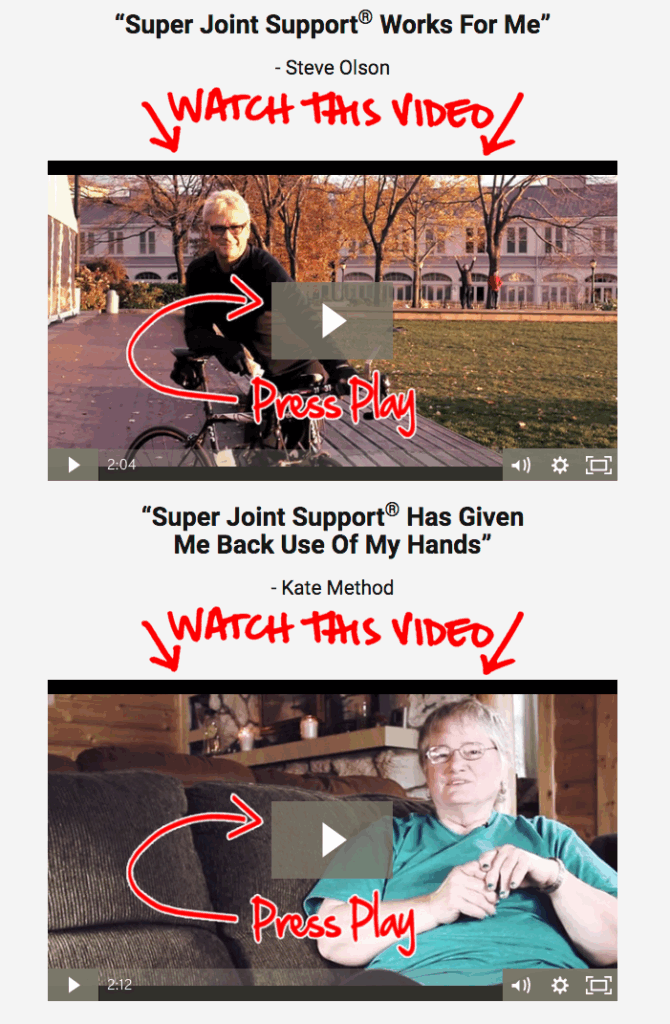Are you considering an Endoscopic Discectomy?
Are you suffering from chronic back pain and are considering an endoscopic discectomy? It is understandable to consider such a surgery, but here at the Healthy Back Institute it is our job to provide you with as much information on back pain as possible, so that you can feel comfortable to make an informed decision that is best for you. Back pain can be downright miserable and back surgery is appropriate for some, but it is important that you exhaust all other options first.
What is an Endoscopic Disectomy?
First of all, a discectomy is surgery where part of the spinal discs are removed. Discs are sponge-like material that serve as cushions between the backbones. What can occur over time is that the material that make up the discs can become damaged. At times, parts of the disc material can protrude out from the backbone, which in turn irritates the nerves that extend to the arms or legs.
So how do you know if you have a damaged disc? Symptoms from damaged discs may include but are not limited to, pain in the back, legs, or arms, and numbness, tingling or weakness.
The removal of part or all of a damaged disc can improve a person’s symptoms. Discectomy is a somewhat common form of spinal surgery, but it is far from appropriate for everyone who suffers from a disc problem.
An Endoscopic discectomy is a particular way to perform a discectomy surgery in some select cases of damaged discs. It is a type of surgery that is “minimally invasive”. During the surgery, the surgeon uses a “scope,” which is a small tube with a lens and a light attached to it. This enables the surgeon to see, locate and remove the damaged disc material by using tiny instruments. A very small incision, typically less than 1 cm, is made, allowing the scope access to the damaged disc.
Alternatives to Endoscopic Disectomy
When facing the option of having a surgery, it is most important to weigh the pros and cons; especially when dealing with back pain. Not all back surgeries are successful and there is even a medical term to describe unsuccessful back surgeries. It’s called “failed back surgery syndrome”. Please do research and try all other treatment options before resorting to back surgery. Treatment options such as Muscle Balance Therapy, Inversion Therapy, Trigger Point Therapy, Myofascial Release, Spinal decompression, Acupuncture and anti-inflammatory supplements may be the treatments that work for you. If you are unfamiliar with any of the above treatments, please visit our treatment page below to learn about these treatments. Also check out our blog where you can find the answers to some of your questions or read people’s success stories.








